Following The Film Stage’s collective top 50 films of 2022, as part of our year-end coverage, our contributors are sharing their personal top 10 lists.
While 2022 marked a personal benchmark in films viewed––over 600, logged away here––the major takeaway was the confirmation of just how much greater an impression the theatrical experience leaves. As noted below, while there were films I viewed at home that I perhaps appreciated more, the fondest memories looking back at the year were at Mike Leigh, Dario Argento, and Toshiro Mifune retrospectives, the bountiful offerings at the New York Film Festival, the Joachim Trier-curated My Sex Life… or How I Got Into an Argument, and even the double bill of Steven Spielberg’s Always and The Terminal we presented at the Roxy. The privilege of having access to these opportunities is not lost on me, however, and thankfully services like the Criterion Channel and MUBI are doing their finest to foster a sense of curation that will hopefully be a guidepost for others to follow.
As for new releases, while the selection of films that could earn that masterpiece label in the years to come is quite short, the list of worthwhile movies is a lengthy one. Debuts like A Night of Knowing Nothing, Murina, Funny Pages, The African Desperate, Hit the Road, Anaïs in Love, and my number one pick led to thrilling renewal in the future of cinema, while venerated filmmakers like Park Chan-wook, Joanna Hogg, Arnaud Desplechin, Jafar Panahi, Hong Sangsoo, Richard Linklater, and many mentioned below delivered some of the year’s finest works.
When it comes to blockbusters, the setpieces of S. S. Rajamouli’s RRR stood toe-to-toe with those of James Cameron, who proved once again that he lost no luster after an extended break from filmmaking, while Michael Bay, Joseph Kosinski, and Robert Eggers hit career peaks. Even films that didn’t conform to expectations, such as Three Thousand Years of Longing, Deep Water, Babylon, and Sharp Stick, have a fascinating messiness whose merits far outweigh some of the milquetoast awards-geared offerings. When it comes to disappointments, it was disheartening to see Robert Zemeckis, Darren Aronofsky, Sarah Polley, Judd Apatow, Andrew Dominik, and Jaume Collett-Serra––filmmakers whose past work I admire to varying extents––hit such lows.
On the television side, there were even a few pearls amongst the sea of dreck, with Olivier Assayas’ Irma Vep, Ethan Hawke’s The Last Movie Stars, and Nathan Fielder’s The Rehearsal just about besting any movie I saw this year.
Without further ado, one can see my favorites of the year below and if you wade in the list-heavy waters of Letterboxd, here are my ranking of all 2022 films viewed and an early look at 2023.
10 Favorite First-Time Watches of 2022 (full list here): Histoire(s) du Cinéma, The Train, Possession, Vive l’amour, Comrades, Almost a Love Story, My Sex Life… or How I Got Into an Argument, Rouge, Miracle in Milan, Modern Romance, and The Clock.
Honorable Mentions: Kimi, Benediction, Mad God, Il buco, After Yang
10. Mr. Bachmann and His Class (Maria Speth)

The best Frederick Wiseman movie of the year, Maria Speth’s 217-minute Mr. Bachmann and His Class observes a group of middle school students in the small German town of Stadtallendorf. Captured with a warm, patient eye, we witness Bachmann’s unconventional yet captivating methods of teaching as he strives to connect a multicultural melting pot. As he goes to great lengths to ensure each student doesn’t judge another merely on external factors, a soul-sharing dialogue is opened up, acting like a microcosmic example the rest of the world would do well in gleaning.
9. Crimes of the Future (David Cronenberg)
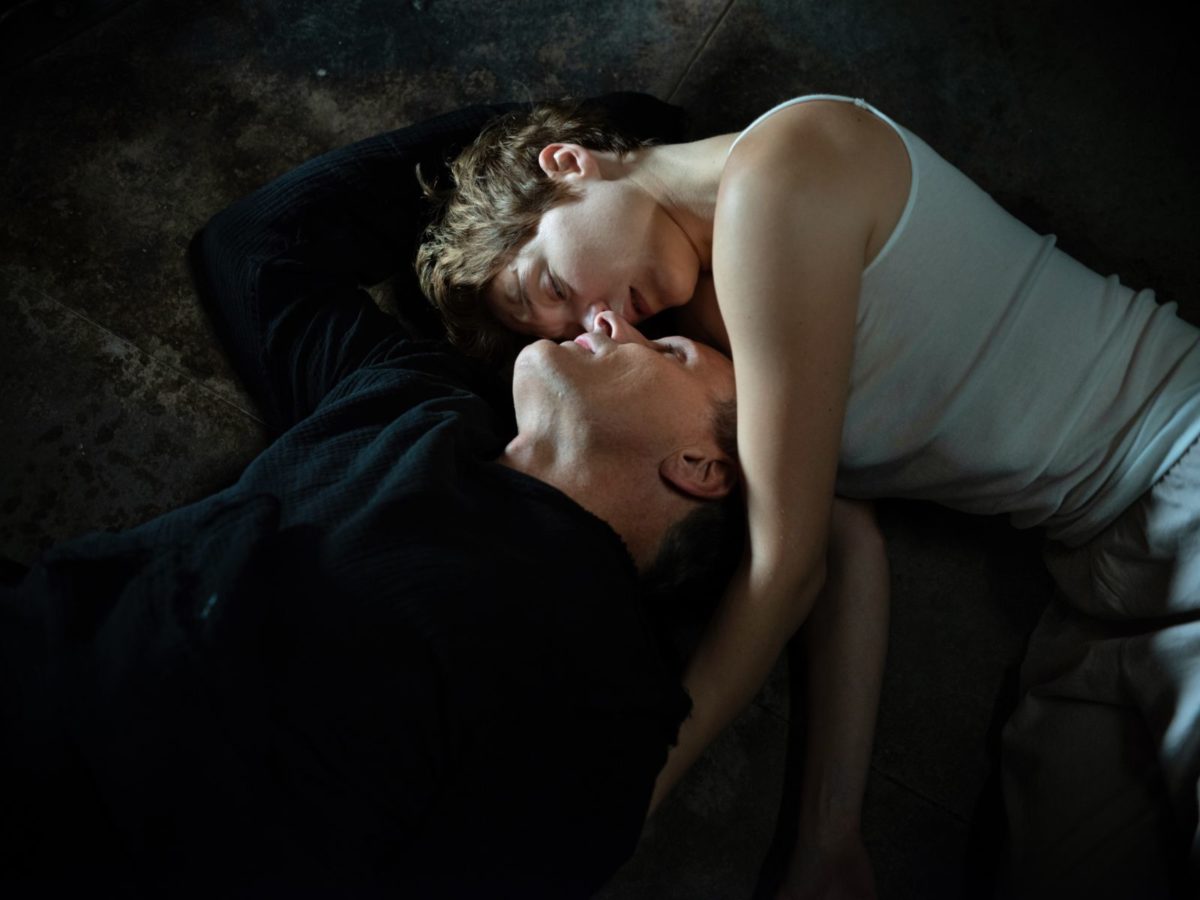
The film that most snuck up me this year, upon first viewing of Crimes of the Future I was as enchanted as I was properly horrified at the world David Cronenberg had created, but felt the ending left a bit to be desired; perhaps I just wanted a bit more after such a long absence behind the camera. Like his best work, it’s now festered and burrowed deep in my mind in the months since. As a culmination of the themes of his career––that gloriously specific mix of pain and pleasure––if this is Cronenberg exuding his late style, what a delight that we get to experience such unbridled filmmaking confidence.
8. All That Breathes (Shaunak Sen)
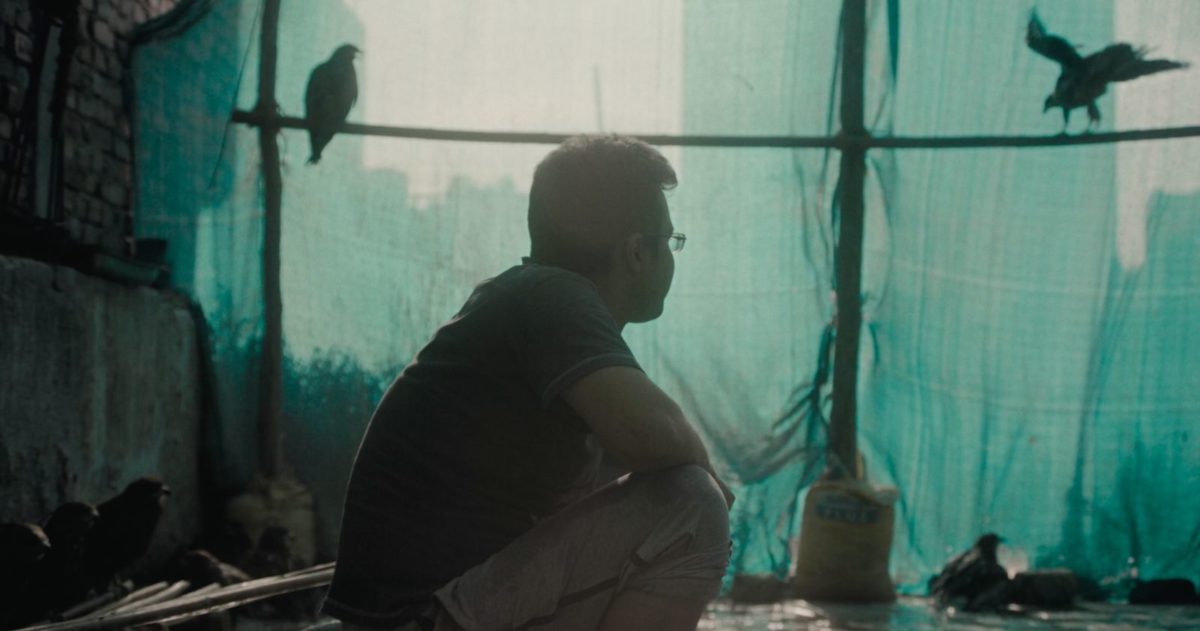
The year’s best documentary, Shaunak Sen’s All That Breathes takes a sensitive, observational eye in capturing the devastating environmental issues that are changing the natural way of life in New Delhi. As we follow two brothers striving to protect the black kite birds amid a changing ecosystem, as well as juggling their own personal paths, their story is captured with a majestic vision and reverence for nature, proving much poetry can be conveyed in a wake-up call to the world.
7. The Fabelmans (Steven Spielberg)
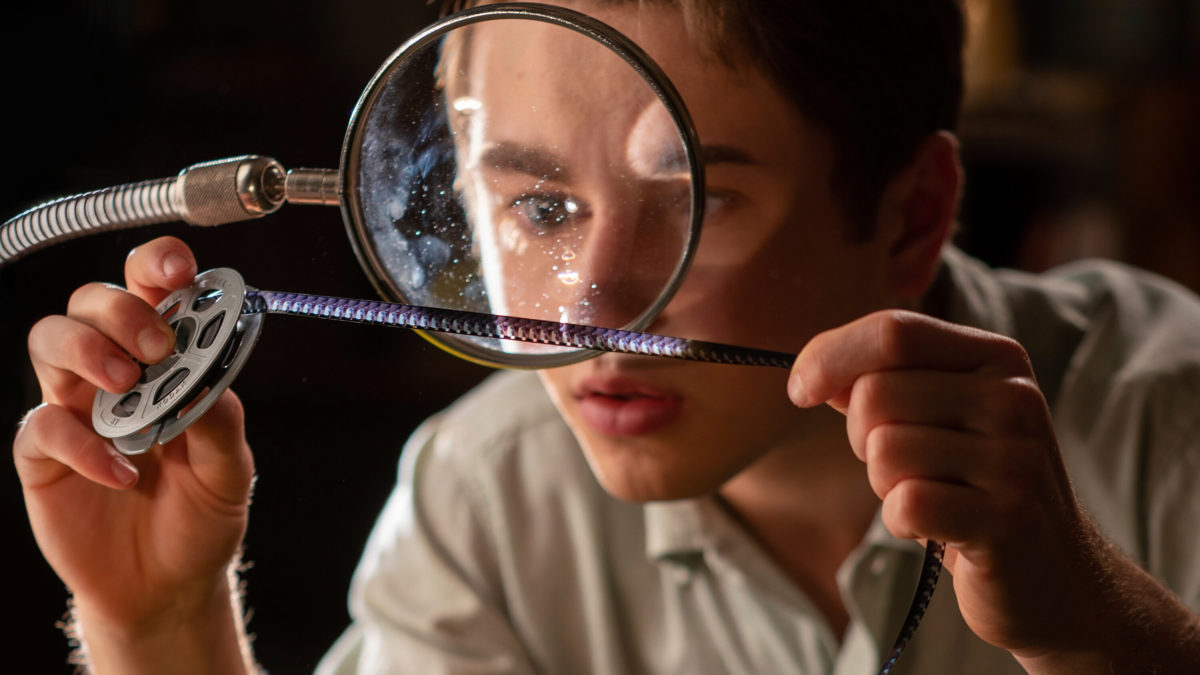
Sight unseen, there was a chance that Steven Spielberg’s foray into autobiography––though certainly not his first, if one looks at the themes he’s tackled in even his biggest blockbusters–could have been a navel-gazing, banal retread re-asserting the “power of cinema.” Rather, The Fabelmans pierces deep into the completely artificial nature of movie-making, exploring the psychological pull to correct the terrors of life through the falsities of the moving image. An intensely personal look at Spielberg’s desire for complete control of the camera, and why it’s made him the world’s most popular director.
6. Saint Omer (Alice Diop)
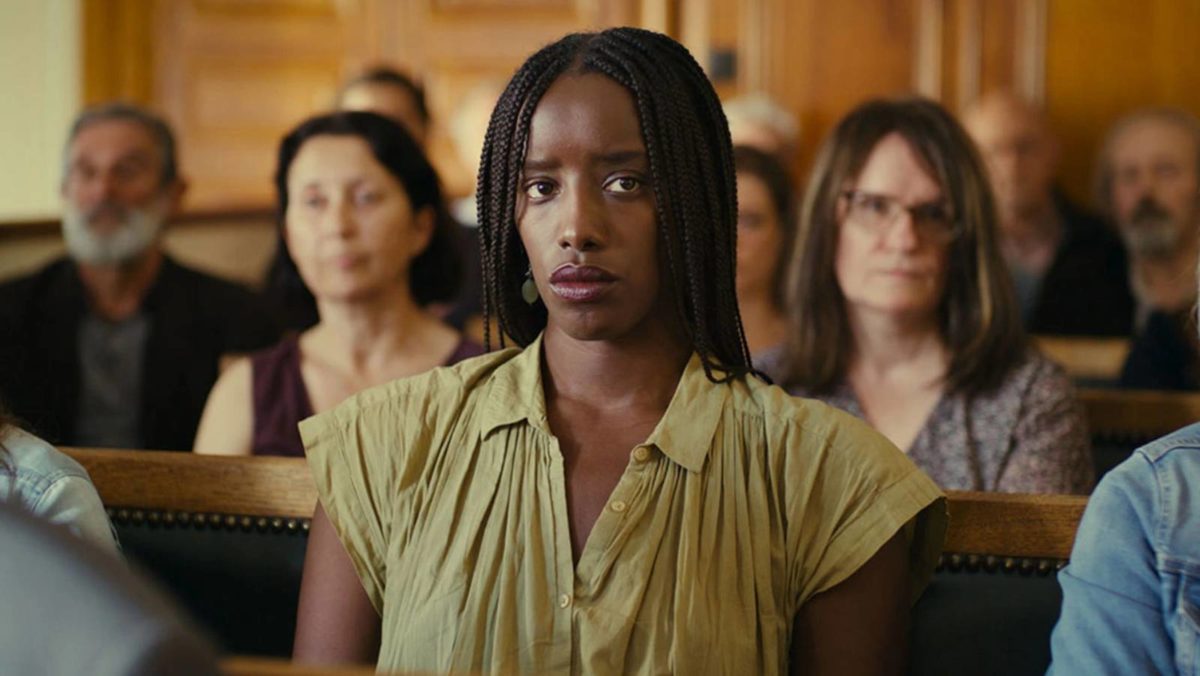
In a year when the once-in-a-decade Sight & Sound poll is unveiled, the canon has been on the minds of many a cinephile––and the one film this year that feels destined to be a classic is Alice Diop’s narrative debut Saint Omer (shot by Claire Mathon, whose Sight & Sound newcomer stirred up its fair share of controversy). In dramatizing a real-life story of a trial wherein a mother is charged with infanticide, Diop handles the tricky material with a level of such compassionate grace and exacting formal patience that it’s nothing short of a cinematic miracle. Stripping down the courtroom drama to its bare essentials, Saint Omer gives credence to the underlying prejudice and trauma that can lead to a monstrous act.
5. Both Sides of the Blade (Claire Denis)
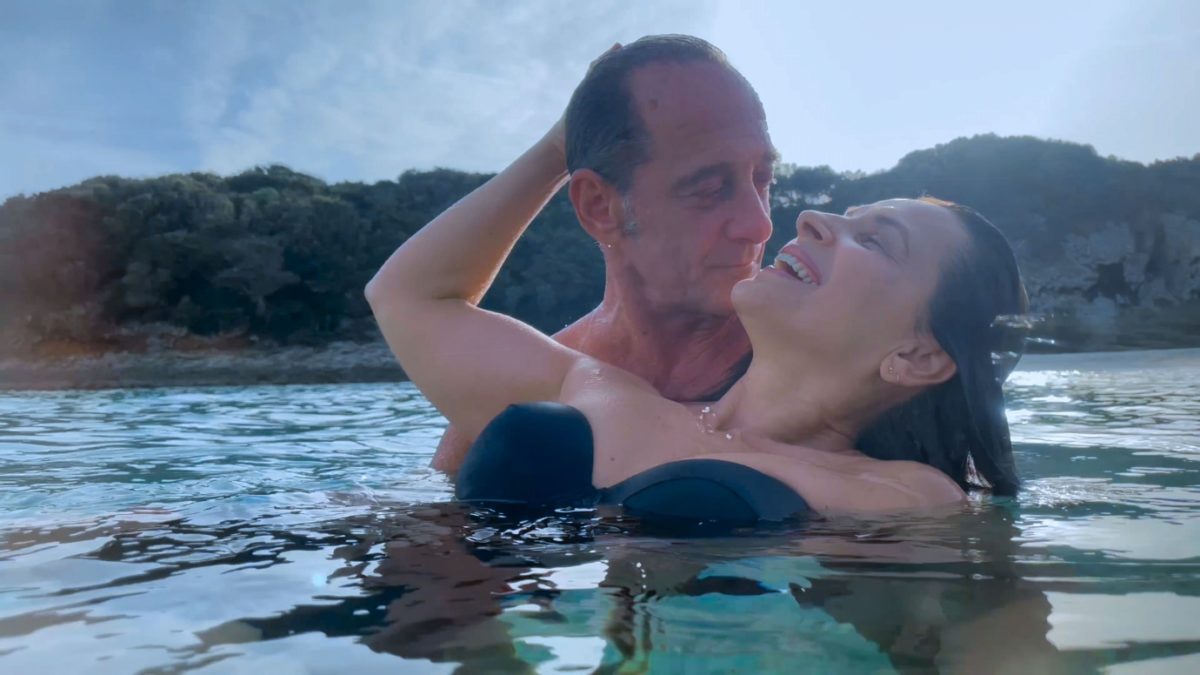
While her two features this year weren’t initially embraced, I imagine time will be kind to Claire Denis’ nakedly emotional, bruising portraits of fractured relationships, Stars at Noon and Both Sides of the Blade. The latter, shot during lockdown, acted as a reunion with many of her past collaborators and that close-knit nature is felt in every frame of this furious melodrama. Led by Juliette Binoche and Vincent Lindon as a couple whose relationship is disrupted when an old flame (Grégoire Colin) returns, Denis perfectly calibrates each scene with the ideal note of heightened emotion and immense textural feeling so that, when the emotional climax is reached in verbally explosive fashion, the effect is overwhelming.
4. EO (Jerzy Skolimowski)
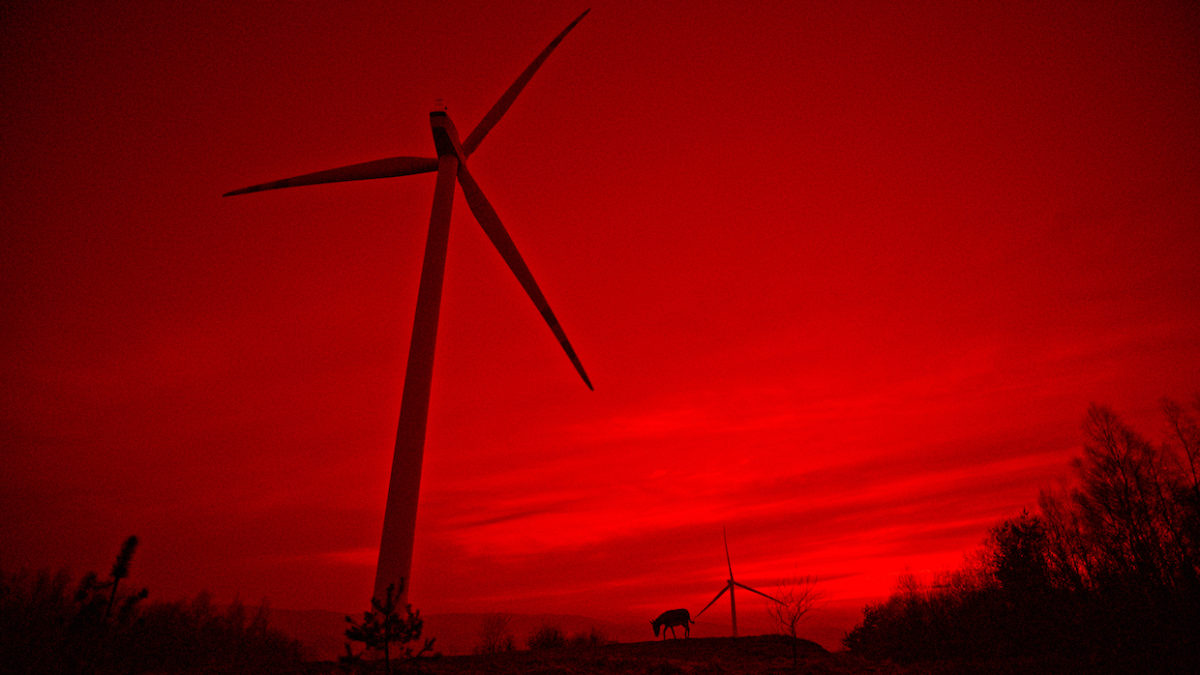
At the age of 84, Polish director Jerzy Skolimowski has crafted the most vigorously energetic and vibrant films of the year. Inspired by Bresson’s seminal classic Au Hasard Balthazar, but taking the idea to formally dazzling new heights, EO tells the journey of a donkey traversing through Europe. Via a series of striking vignettes, we witness the totality of the human (and animal) experience, forcing the viewer to ponder their place in the world.
3. One Fine Morning (Mia Hansen-Løve)
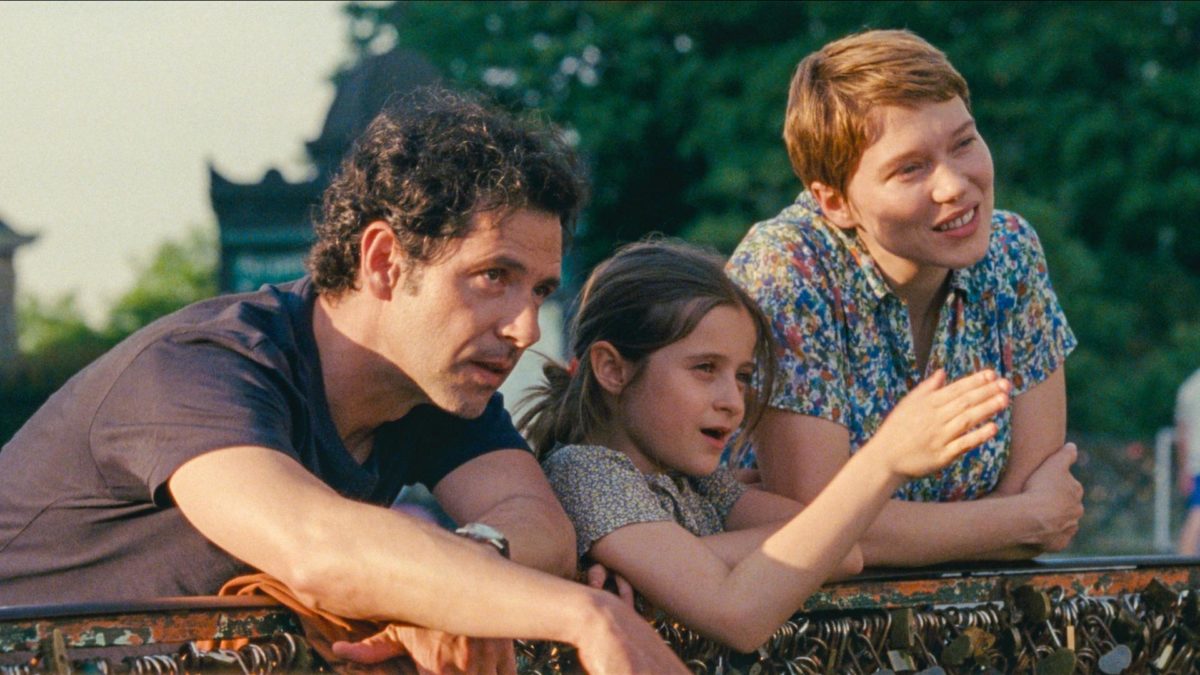
If there’s ever a Mia Hansen-Løve film I don’t admire, I will be surprised. Like Éric Rohmer before her, her vision is one of such formal effervescence and emotional acuity that the lie of cinema is never felt. Her latest work, following the intertwining romantic and personal journeys of Léa Seydoux’s character, is the perfect film: one that is so immersive you only realize you’ve been completely swept up when the bittersweet final frames appear, and being pulled out of this world brings a unique kind of heartbreak as the spell is broken.
2. The Girl and the Spider (Ramon and Silvan Zürcher)
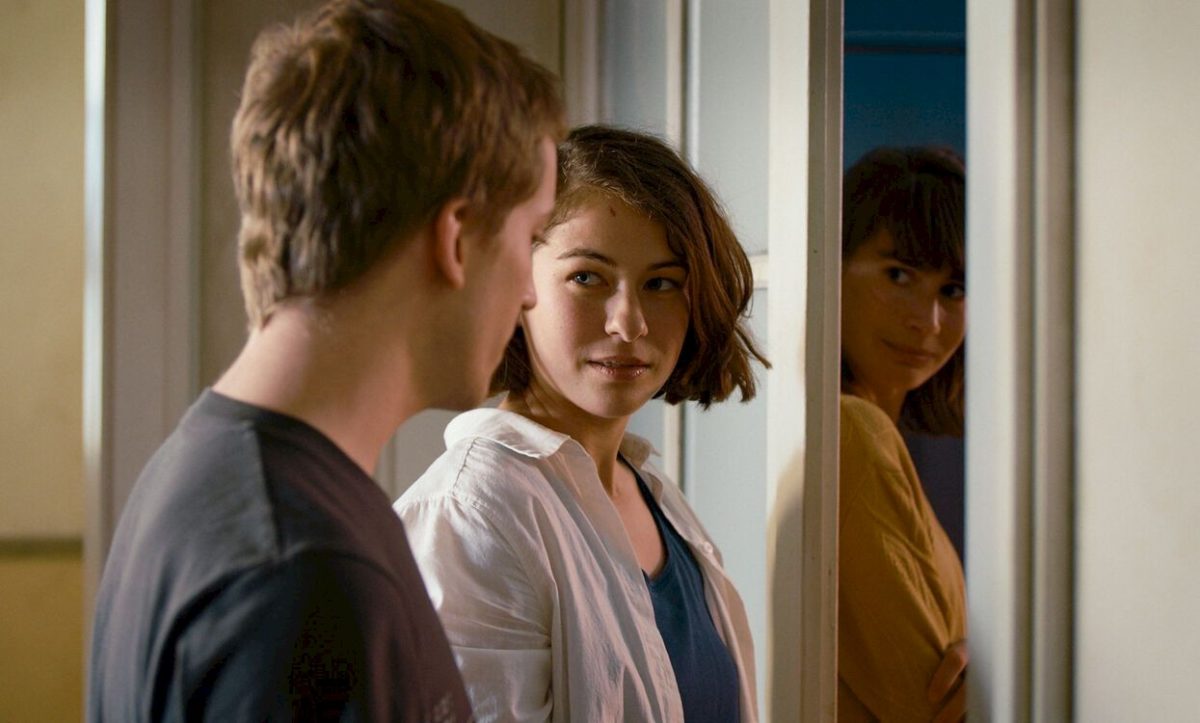
Following their compelling debut feature The Strange Little Cat, brothers Ramon and Silvan Zürcher double down on their entrancing style with the micro-masterpiece The Girl and the Spider. A dreamy reverie to human connection and feelings left unsaid, the film takes place entirely in an apartment building in the middle of a move-out. Using the parameters of these restrictions, the Zürchers craft one of the great works of art about “nothing happening,” when a closer look reveals the spectrum of human emotion is found in the subtlest of glances and movements.
1. Aftersun (Charlotte Wells)
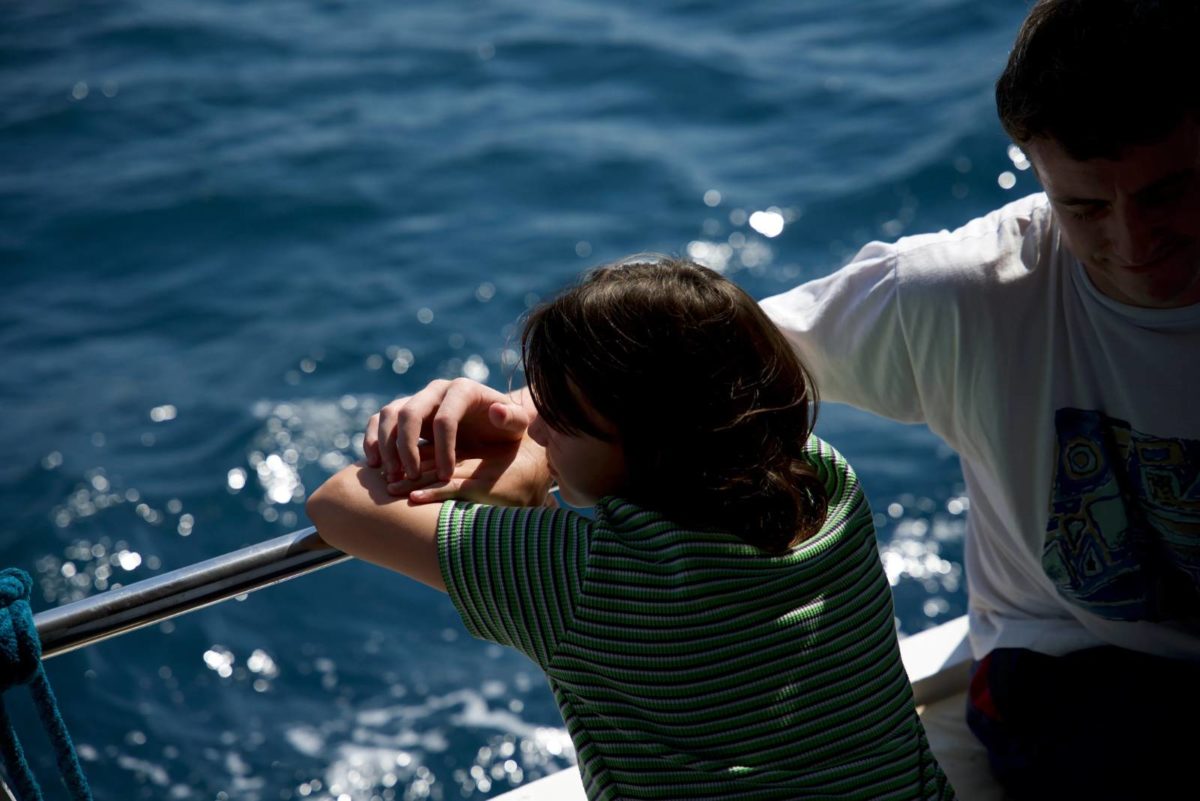
With an emotional power that broaches the inscrutable, Charlotte Wells’ Aftersun takes a well-observed father-daughter tale and reaches levels of transcendent pain in its final moments. Nearly unfathomable that this is a directorial debut, Wells synthesizes the influences of Denis and Akerman into something that feels entirely fresh, catching moments of deep beauty and immense heartache in a story that is as much about coming of age as it is about the regrets of life. A film that profoundly understands how not being able to find the right words in the moment can, upon years of reflection, necessitate screaming them into the void.
